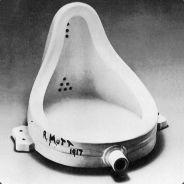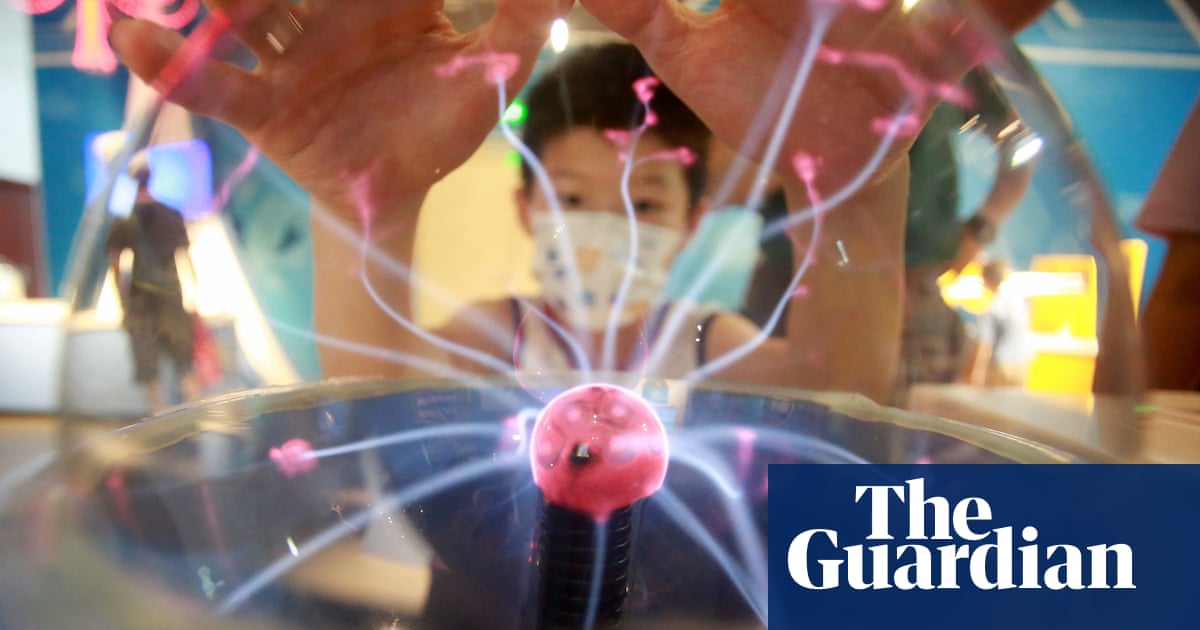China has overtaken the US as the world leader in both scientific research output and “high impact” studies, according to a report published by Japan’s science and technology ministry.
The report, which was published by Japan’s National Institute of Science and Technology Policy (NISTP) on Tuesday, found that China now publishes the highest number of scientific research papers yearly, followed by the US and Germany.
The figures were based on yearly averages between 2018 and 2020, and drawn from data compiled by the analytics firm Clarivate.
The Japanese NISTP report also found that Chinese research comprised 27.2% of the world’s top 1% most frequently cited papers. The number of citations a research paper receives is a commonly used metric in academia. The more times a study is cited in subsequent papers by other researchers, the greater its “citation impact”.
The US accounted for 24.9% of the top 1% most highly cited research studies, while UK research was third at 5.5%.
China published a yearly average of 407,181 scientific papers, pulling ahead of the US’s 293,434 journal articles and accounting for 23.4% of the world’s research output, the report found.
China accounted for a high proportion of research into materials science, chemistry, engineering and mathematics, while US researchers were more prolific in research into clinical medicine, basic life sciences and physics.
The report was published on the day US president Joe Biden signed the Chips and Science Act, legislation that would authorise $200bn in research funding over 10 years to make US scientific research more competitive with China.
The Chinese embassy in the US said last month that China was “firmly opposed” to the bill which it said was “entrenched in [a] cold war and zero-sum game mentality”.
The “high impact” finding is in keeping with research published earlier this year, which found that China overtook the US in 2019 in the top 1% measure, and passed the European Union in 2015.
Papers that receive more citations than 99% of research are “works that are seen as being in the class of Nobel prize winners, the very leading edge of science”, study co-author Dr Caroline Wagner said at the time. “The US has tended to rank China’s work as lower quality. This appears to have changed.”
The US still spends more on research and development in the corporate and university sectors than any other country, the report also found. “China has the largest number of researchers in the corporate and university sectors among major countries. In the corporate sector, the United States and China are on par with each other, and both are showing rapid growth.”
“China is one of the top countries in the world in terms of both the quantity and quality of scientific papers,” Shinichi Kuroki of the Japan Science and Technology Agency told Nikkei Asia. “In order to become the true global leader, it will need to continue producing internationally recognised research,” he said.



back years ago, there was a China-based organization that i am pretty sure had a presence at all the R1 universities in the US, which offered to shepherd anyone interested in graduate school in China to go there. i was finishing my MSc when i noticed one of the emails and looked into it for my area (let's say broadly biology). the pitch was incredible: courses were all offered in english, included housing, stipend for food/etc, no tuition fees. student visa covered. probably mandarin language education would have been included. one just had to be accepted.
of course, for something more nakedly careerist like "business administration", i don't know. but apparently, giving a shit about the environment was enough for them to say "yes, please pursue this. we will pay." looking back i should have gone for it, but i was in the middle of something and when i finished i had zero desire for more grad school, assuming it could be a back pocket plan B.
that organization started getting kicked off campuses all over when the US government threatened to withhold any DoD funding (future or retroactive) from any university that let that organization exist on campus, because with zero evidence the military obliquely accused them of being an espionage organization.... and though they couldn't prove anything, they could add conditions onto DoD funds, even those already awarded. remember when universities were believed to be independent of government machinations? lmao. competitive funding schemes have brought them to heel.
on top of that, i knew some tenured faculty that had gone over on some kind of research trip and been courted by some university. i don't think the pay was exactly competitive with what they were pulling down in the states, but materially everything was better. especially when it came to research. apparently, the universities there provide funding, material, lab workers to researchers they hire and those researchers choose their own research questions to investigate. they weren't expected to chase funding like ours do, which honestly probably accounts for >60% of their labor time.
as someone within the academy, the investments the PRC has been making in scientific research, education, and outreach has absolutely set them up to eat the US' lunch across the board. stats like this are only the first misty drops felt before the dam bursts.
libs will act like "oh chinese students are just cheaters" or "they are just gaming the system somehow", as though the exact same shit doesn't happen here more flagrantly due to nepotism, chasing enrollment/matriculation stats, and careerist bullshit. as tuition and housing skyrocket, the class character of our state schools has almost nothing left of the working class garnish it had decades ago, when scholarships and grants could actually cover costs of living and tuition. in addition, so many faculty don't actually do shit anymore. they maneuver themselves onto committees to chase grant funds and create reportable activities and outputs. actually doing something that answers a real question and/or helps people has become incidental.
deleted by creator